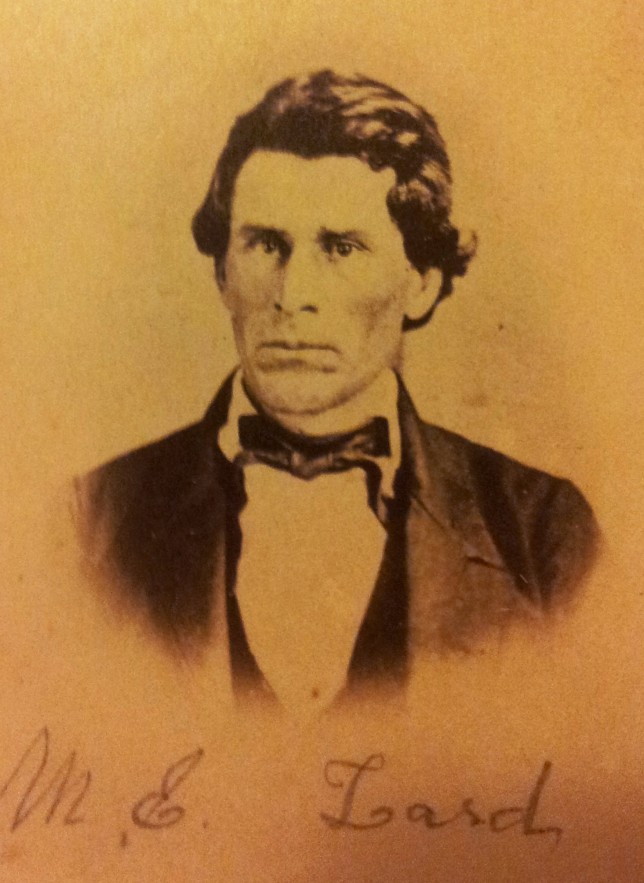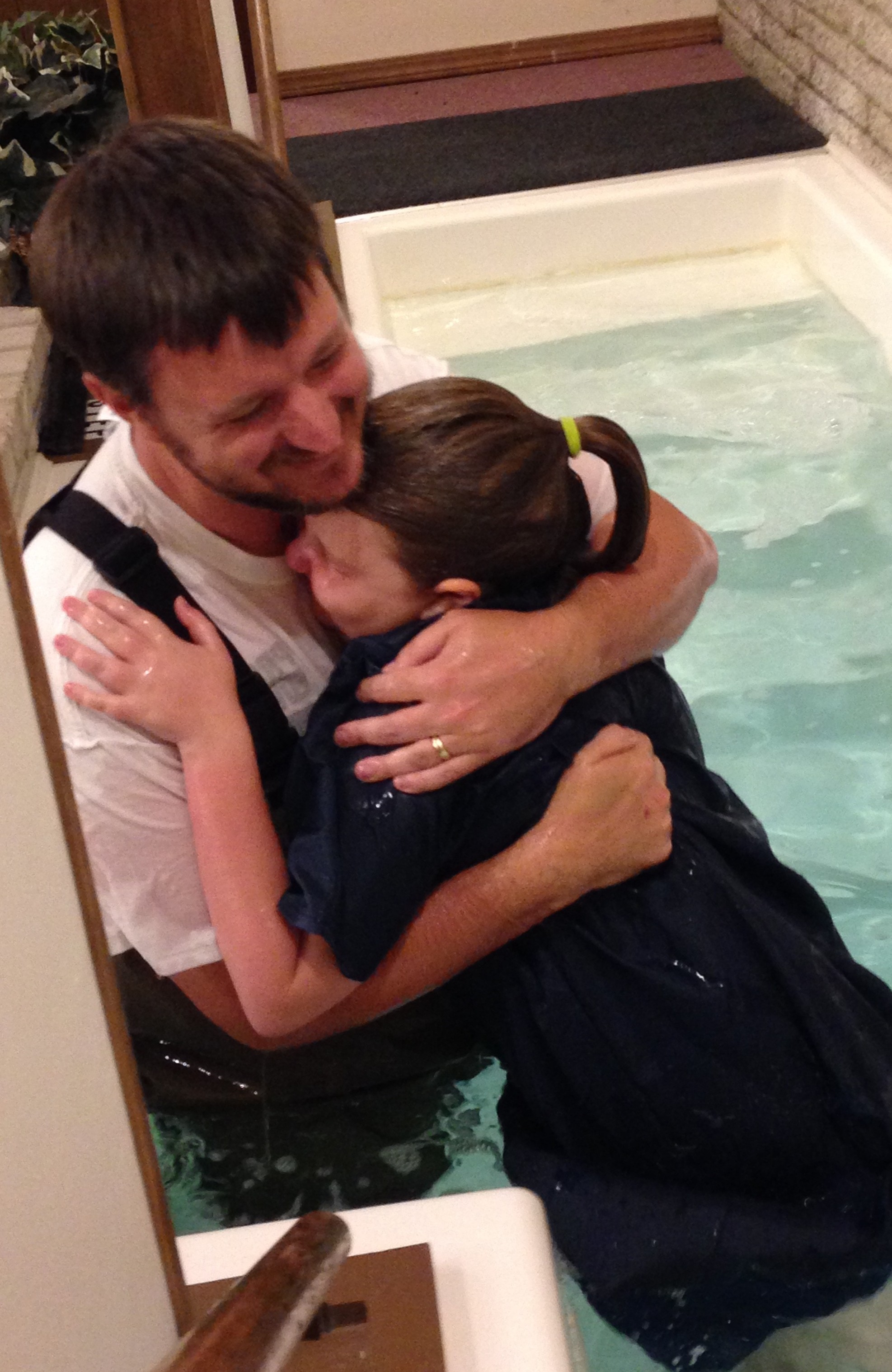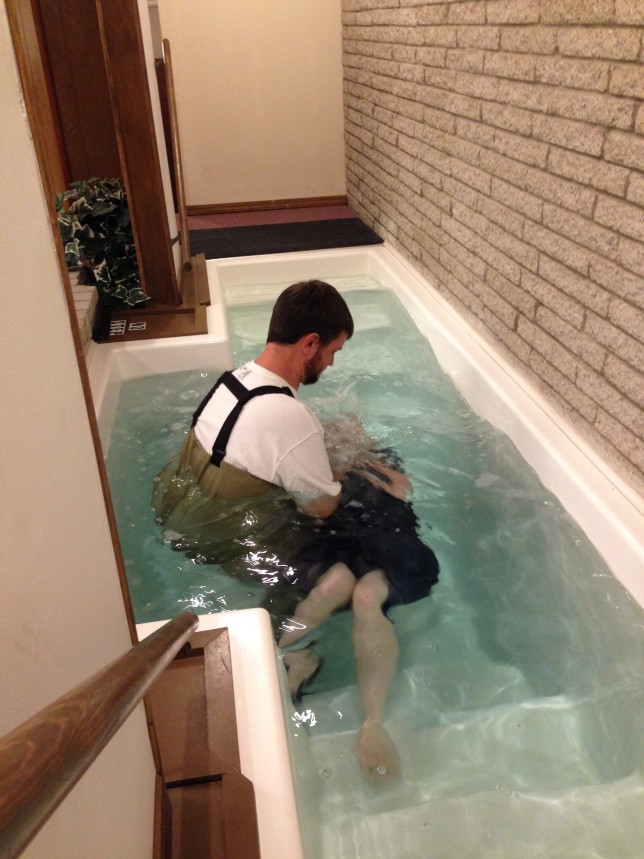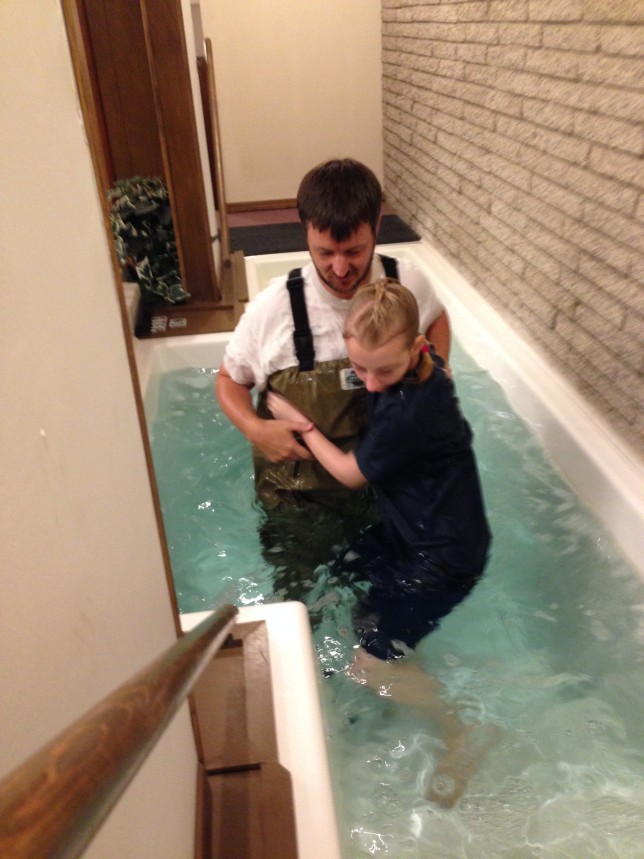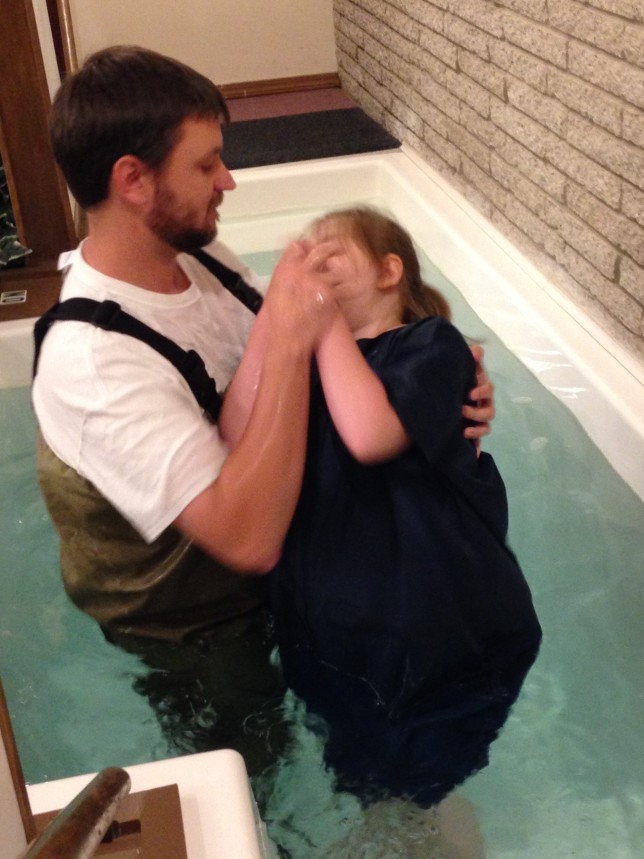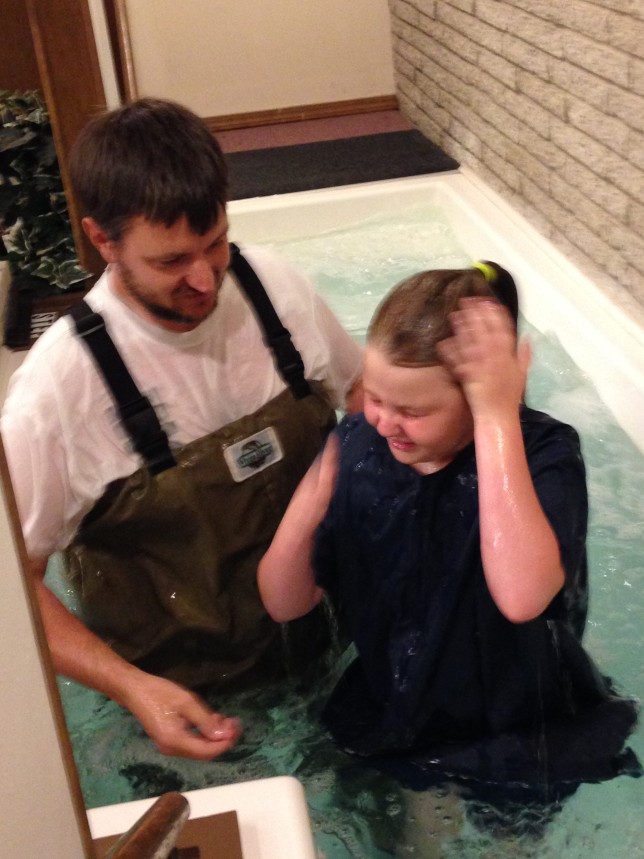Sermon 5: Healing, Casting, and Praying
Text: Mark 1:29-39 – And immediately, when they had come out of the synagogue, they entered into the house of Simon and Andrew, with James and John. But Simon’s wife’s mother lay sick with a fever, and immediately they tell Him about her. And He came and took her by the hand, and lifted her up; and immediately the fever left her, and she ministered to them.
And at evening, when the sun set, they brought to Him all that were diseased, and them that were possessed with demons. And all the city was gathered together at the door. And He healed many that were sick of various diseases, and cast out many demons; and did not permit the demons to speak, because they knew Him.
And in the morning, rising up a great while before day, He went out and departed into a solitary place, and there [He] prayed.
And Simon and they that were with Him followed after Him. And when they had found Him, they said to Him, “All are seeking for You.” And He said to them, “Let’s go into the next towns, that I may preach there also: for into this [work] I have come.”
And He preached in their synagogues throughout all Galilee, and cast out demons.
Introduction
Mark spends a good deal of time in the first part of his gospel account showing that Jesus is powerful and has authority. He’s shown Jesus’ authority over His disciples, His authority in religion, and His authority over a single demon. Mark’s original readers might have been thinking, “What does this matter to me? After all, we’re not Jews, nor are we Jesus’ disciples, nor are we possessed by a demon.” They might have even thought that Jesus’ victory over a single demon was alright, but it wasn’t as though He had to face a bunch of them. But what comes next would overrule these objections.
The Text, part 1 – Authority over a Fever (Mark 1:29-31)
(29) Immediately, when they had come out of the synagogue, they entered into the house of Simon and Andrew, with James and John.
It is the Sabbath day, and Jesus, having exhibited His power over the kingdom of darkness, has planned to spend the rest of the day in the company of His four new disciples. Simon and Andrew lived in the same house, not far from the synagogue (a Sabbath-Day’s Journey was around a half-mile), and invited Jesus (as well as James and John) to come there. This is a show of hospitality and friendship that is severely lacking in the lives of many Christians and congregations.
(30a) But Simon’s wife’s mother lay sick with a fever
Mark doesn’t give some of the details that Matthew and Luke do (they weren’t necessary to bring up for his readers). But Matthew literally says she was “cast [or thrown] down with a fever,” meaning that it isn’t just that she’s laying down on her bed asleep while running a temperature (Matthew 8:14). The fever has made her bed-ridden. Luke says she was held by a “great fever” (Luke 4:38), which means it was a high temperature, and the fever wasn’t breaking. But again, Mark doesn’t give these details, and if you look at the progression of healings going into chapter two, you’ll see why.
(30b) and immediately they tell Him [Jesus] about her.
Some people have scoffed at this part, saying, “Why didn’t they go tell a doctor?” That’s an easy thing to say when we aren’t given details such as: how long had she had the fever? Was it days? Did it just hit her that morning while Simon and Andrew were at the synagogue? And who’s to say that, if it had been a few days, they hadn’t called a doctor? All of those questions and the objection are irrelevant to the discussion at hand. The fact is, Simon’s mother-in-law was sick with a fever at this point, and they came and told Jesus.
But why would they tell Jesus about it? Because Jesus had just shown amazing miraculous power in casting out a demon—certainly it’s worth a shot to bring it to His attention. We can better understand their confidence in telling Jesus about this when we remember that they’d already traveled some with Jesus and seen other miracles (John 1-4).
But the lesson we can learn from this is that when you’ve got problems, sickness, or anything else that you need help with, you go to the one with the power. Take your requests to God who has the power to answer them.
(31a) And He came and took her by the hand, and lifted her up; and immediately the fever left her.
Jesus showed compassion on her, and also showed His power over sickness. There was no long, drawn-out recovery period. There wasn’t a “I think the fever is going down” period where they could all start to rest easily because she was starting to get well. It was immediately gone. Jesus took her by the hand, and poof! The fever was completely removed—as though it had never been there in the first place.
(31b) and she ministered to them.
Simon’s mother-in-law had been tired, and the great fever would have normally left her quite exhausted and unable to do much as she was getting better. But when Jesus healed her, she was well, whole, and felt like working. She got up and began to serve them. Most likely, this included preparing food, perhaps even washing their feet. Meanwhile, you can imagine the awe in the eyes of Simon’s wife, and of the disciples, at this instantaneous healing.
The Text, part 2 – Authority over Diseases and Demons (Mark 1:32-34)
Lest one of Mark’s readers should shrug and say, “It’s only a fever, no big deal,” Mark shows Jesus taking on—and showing power over—progressively bigger illnesses.
(32-33) At evening, when the sun set, they brought to Him all that were diseased, and them that were possessed with demons. And all the city was gathered at the door.
These people had seen (or heard from those who had seen) Jesus casting out a demon in the synagogue on the Sabbath. Immediately, then, they went back to their houses and told their families and their friends about what wonderful things God had done through Jesus of Nazareth. They couldn’t wait to spread the word and share their wonder and amazement with others.
Jesus, the King, who has come to announce that His Kingdom is near, now has an evangelistic army to help Him in Capernaum. He’s still doing His work, but these people are making it a lot easier for His message to be spread.
So, at nightfall, when the Sabbath is concluded, Jesus is in Simon and Andrew’s house, conversing with them and James and John, when crowds gather around the house, standing by the door, all coming to Him for help. They, being good Jews, waited until the Sabbath was over before doing what some might consider “work” by bringing their sick to Jesus and possibly walking more than the half-mile that constituted a “Sabbath Day’s journey.”
The ones brought to Jesus were suffering from diseases, that is, they were badly sick (the Greek word means “bad” or “miserable” or even sometimes “evil.” The sicknesses under consideration were not minor things—people weren’t bringing their kids to Jesus saying, “Heal his runny nose.” These were significant illnesses, usually long-term medical problems.
(34a) And He healed many that were sick of various diseases.
Mark is answering the potential challenge from his readers by progressing from Jesus healing a fever to healing multiple people of serious significant illnesses. And lest the readers think that Jesus’ victory over a demon was a fluke, here come even more of Satan’s minions to face Him.
(34b) He…cast out many demons.
Several knights of the Kingdom of Darkness were brought to Jesus. They had taken over people’s lives, tormenting them, hurting them. As we’ll see later in the book of Mark, it appears that being demon-possessed was such a horrible experience that some people tried to kill themselves to escape it. But the King, Jesus, was coming to set them free, to overthrow the powers of darkness. It didn’t matter if it was one demon-possessed man or a whole crowd of them; Jesus stood unafraid and ready to take them all on.
Before we move on from this point, it would probably be a good time to point out that demon-possession was a first-century phenomenon, and that it does not still take place today. Zechariah 13:2 says:
“It shall come to pass in that day,” says Jehovah of Hosts, “that I will cut off the names of the idols out of the land, and they shall no more be remembered; and also I will cause the prophets and the unclean spirit to pass out of the land.”
If you look at the context, you will discover when “that day” which Jehovah mentions took place. The verse immediately before it says:
In that day there shall be a fountain opened to the house of David and to the inhabitants of Jerusalem for sin and uncleanness.
Go back five verses from there (Zechariah 12:10-11a) and we see what this “day” (it’s actually a period of time, like we say “back in my day…”) means.
I will pour out on the house of David, and on the inhabitants of Jerusalem, the spirit of grace and of supplications: and they shall look upon Me whom they have pierced, and they shall mourn for Him as one mourns for his only son, and shall be in bitterness for Him, as one that is in bitterness for his firstborn. In that day, there shall be a great mourning in Jerusalem…
So, in the context of the death of Jesus and the time in which forgiveness of sins would be offered to the Jews, Jehovah would cause the evil spirit (demons) to pass from the land. If we were to keep reading in Zechariah, we would see, just eight verses after that statement by Jehovah, these words:
Behold, the day of Jehovah comes, and your spoil shall be divided in the midst of you. For I will gather all nations against Jerusalem to battle; and the city shall be taken, and the houses rifled, and the women ravished; and half of the city shall go forth into captivity, and the residue of the people shall not be cut off from the city (Zechariah 14:1-2).
Sometime between the death of Jesus on the cross and the time in which God brought the nations to destroy Jerusalem (AD 70), demonic activity would cease. But when Mark was writing, demons were still active, so his readers were at least familiar with the concept.
(34c) He…did not permit them to speak, because they knew Him.
Like we discussed in the last lesson, Jesus didn’t want the demons to speak because it wasn’t time for Him to be revealed as the Son of God, nor did He want the testimony of demons—which would have been counter-productive.
The Text, part 3 – Praying and Jesus’ Purpose (Mark 1:35-39)
If you were to ask someone “Why did Jesus come to earth?” you’re likely to get a lot of different responses. One answer, though, that you probably won’t get is what Jesus Himself said in this next passage.
(35) And in the morning, rising up a great while before day, He went out, and departed into a solitary place, and there He prayed.
After a busy night of healing the sick, and casting out demons, Jesus most certainly would have been tired. However, early in the morning, a great while before the sun rose, Jesus got up and left Simon and Andrew’s house so He could go somewhere to be alone and pray. To Mark’s readers, this shows the King is not doing this work for the attention—He needs time to Himself to spend in prayer.
This goes along with what Jesus said in Matthew 6:6 – But you, when you pray, enter into your closet, and when you have shut the door, pray to your Father which is in secret; and your Father which sees in secret shall reward your openly. In other words, there is benefit to be had from (1) praying, and (2) doing it in a place where you’re alone with God.
Jesus—God Himself in the flesh—thought it was important to find a time when He could be alone to pray. I’m convinced that prayer is one of the most under-utilized blessings that Christians have! If prayer was important to our Savior, shouldn’t prayer be important to us as well?
(36-37) Simon and they that were with him searched for Him. And when they had found Him, they said to Him, “All are seeking for You.”
It seems as though Jesus left the house without waking anyone, but when morning came, the people all returned to Simon’s house, wanting to find Jesus. Were they bringing more people to be healed? Or was it (if we want to give them the highest possible motives) that they wanted to know more about the Kingdom of God, and to hear what this messenger of heaven had to tell them? The text doesn’t say. What we do know is that the people were anxious to spend more time with Jesus.
The King’s mission in spreading the word about the imminent arrival of His Kingdom is working. Instead of it being exclusively Him finding people to tell about the Kingdom, now people are trying to find Him, presumably with an open mind to what He has to say.
(38) He said to them, “Let’s go into the next towns, so that I may preach there also: for into this [work] have I come.”
The King’s mission in traveling around was not to heal the sick—it was to prepare people for the coming of His Kingdom. His mission wasn’t to cast out demons—it was to prepare people for the coming of His Kingdom. Make no mistake, healing the sick and casting out demons helped to convince people of His message, but those things were not the purpose of His mission.
Instead, Jesus Himself said plainly that He needed to go elsewhere and preach [the gospel of the Kingdom of God], because it is “therefore” [literally “into this”] that He had come. We can take a cue from our Lord here, realizing that helping others is a good thing, but it is not the purpose of our mission here on earth. Our purpose is to bring people to the King, Jesus the Christ; aiding others in their misfortunes is something we can do that can help to accomplish that goal. Never lose sight of the ultimate goal—bringing people to the Kingdom of God.
(39) He preached in their synagogues throughout all Galilee, and cast out demons.
With this short sentence, Mark shows his readers that the King continued His work proclaiming the overthrow of the Kingdom of Darkness and defeating some of Satan’s minions along the way to prove His point. It’s such a short sentence, but don’t for a moment think that means it is insignificant. The people met in the synagogues on the Sabbath, once a week, and so this one sentence takes up potentially months of Jesus’ life. What would you give to be able to have seen Jesus in action? To be able to spend just one day with Him in person? To see Him cast out demons? Many people got to see it, and it is all condensed into the sentence, “He preached in their synagogues throughout all Galilee, and cast out demons.”
Application
Spend Time with Your Brethren Outside the Worship Assembly.
Jesus didn’t limit His interaction with God’s faithful children to the weekly assembly. Simon and Andrew didn’t either, nor did James and John. Instead, they spent time together outside of the worship building. They went into each other’s homes, ate together, spent time together. The early church did the same thing, “continuing daily with one accord in the temple, and eating their bread from house to house, they ate their food with gladness and singleness of heart” (Acts 2:46).
The church grows stronger when it spends more time together.
Peter was Never a Pope!
I’m sure you noticed it in the text: Peter was married! Mark 1:30 (and it’s mentioned in Matthew 8 and Luke 4 as well) says Peter’s wife’s mother. The Catholic Church makes the claim that Peter was the first pope, and that no priest, or Bishop, or Archbishop, or Cardinal, or Pope can be married. In truth, the doctrine that the “clergy” (priests, bishops, etc…) can’t be married came about hundreds of years after Peter was dead and gone. The doctrine was made official Catholic Church policy, and they acted as though it had always been the case, thus saying Peter wasn’t married either. This is one of those verses that many Catholics haven’t ever heard of.
When You’re Able to Serve Others, Do It!
Look at Peter’s mother-in-law. She’s been sick with a horrible fever that has made her unable to get up and do anything. She’s weak and tired. Then comes Jesus who heals her—and her healing is absolutely 100% instantaneous and complete. Now, everyone in the room would probably have had no problem if she had spent the rest of the day sitting and resting after the ordeal she’d been through. But she was able to work, so she got to work. The lesson we can take from her example is that if we are able to serve others, we should be serving others. Whether that’s your family, your employer, your church family, your friends, or whoever, we need to spend time in service to others.
Don’t Enslave Yourself to Sin!
Citizens of the Kingdom of Darkness are really nothing more than slaves, being controlled by sin. Demons were controlling some of these people, and that’s horribly sad, but being controlled by sin is even sadder, because you’ve chosen your enslavement. Jesus calls you to freedom from sin, and He’s cleared the path to make it easy for you.
Invitation
Jesus cleared the way to lead you to freedom through His death on the cross, His burial, and His resurrection from the dead. All you have to do is take that path.
Know ye not that so many of us as were baptized into Jesus Christ were baptized into His death? Therefore we are buried with Him by baptism into death: that like as Christ was raised up from the dead by the glory of the Father, even so we also should walk in newness of life. For if we have been planted together in the likeness of His death, we shall be also in the likeness of His resurrection: Knowing this, that our old man is crucified with Him, that the body of sin might be destroyed, that from here forward we should not serve sin. For he that is dead is freed from sin (Romans 6:3-7).
God be thanked that you were the servants of sin, but you have obeyed from the heard that form of doctrine that was delivered to you. Being then made free from sin, you became the servants of righteousness (Romans 6:17-18).
Be set free from the powers of sin by accepting Jesus Christ as the Son of God, making the choice to follow His path, acknowledging Him as the Savior, and being buried with Him in baptism so that you can be made free from sin.
Jesus the King pleads with you, and so do we.
-Bradley S. Cobb

